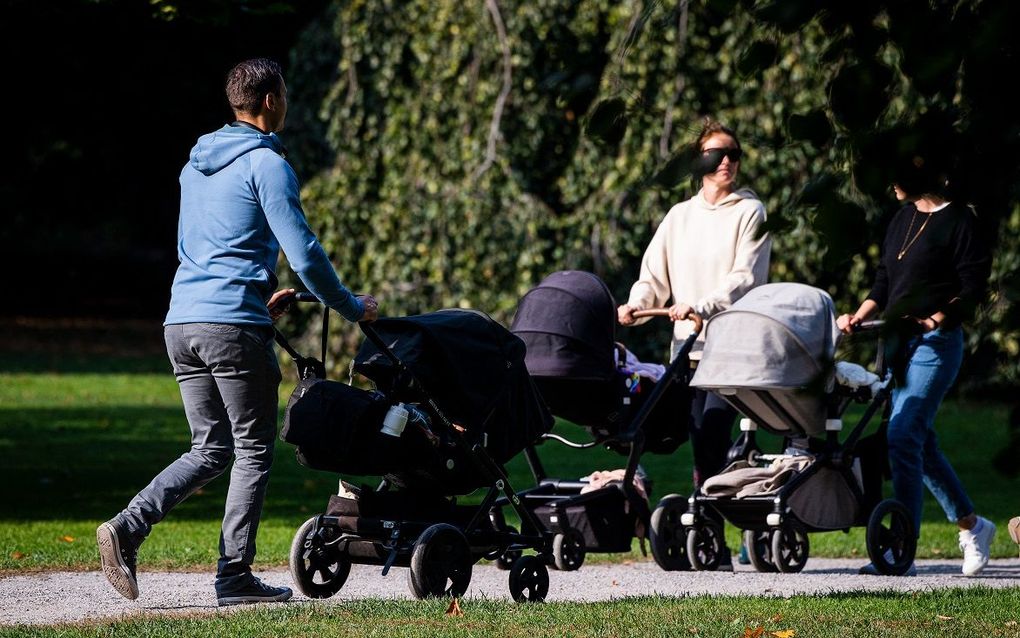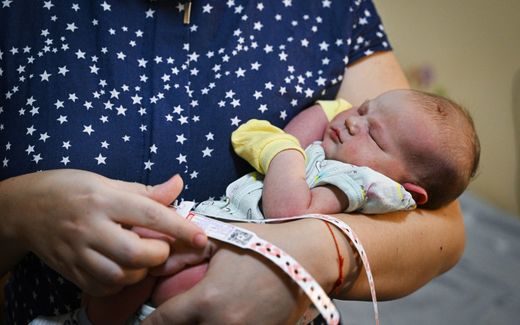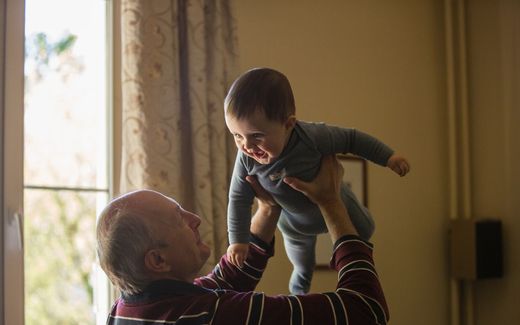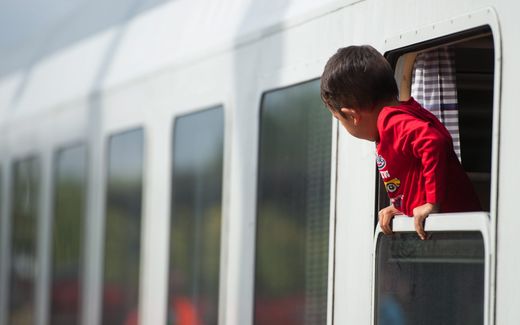Old parents on the rise in Denmark

Photo AFP, Jonathan Nackstrand
Northern Europe
There are currently more parents who are older than 45 in Denmark than teenagers who have children. The increasing age of parents has some advantages but also several challenges.
In the 70s, the average age of people getting their first child was 24. Nowadays, it has increased to 30 years, Kristeligt Dagblad reports.
This is partly because an increasing number of women choose to postpone the birth of their first child until they are relatively old. Last week, statistics showed that the number of Danish children born to women over 45 is higher than that of babies born to teenagers.
One explanation is the increased access to contraception. Whereas teenagers in the past could not prevent pregnancy, teens now do so on a large scale.
Fertility
In addition, fertility treatments have also become better. That means that women's fertile time has extended as well. Also, people have better education today, which is also known to push the age of parents upwards.
Sociologist and chief analyst of the Danish National Research and Analysis Centre for Welfare, Karen Margrethe Dahl, points out that many people today want to postpone getting children until they feel like they have achieved their dreams. "It is only something you do if you have everything under control", she says to Kristeligt Dagblad. "You have to have education, housing and a permanent job, just as you prioritise requirements for the relationship in which you want to have children."
Consequences
According to Dahl, having children later can have some positive consequences. "Parents have a greater grip on their lives and everyday life. They also know how they want to do their parenting."
The higher age of parents even seems to benefit children, a study among 4,700 mothers showed in 2016. Psychology professor Tea Trillingsgaard, who conducted the research with her colleague Dion Sommer, says that the older mothers were less strict and scolded their children fewer times than the younger ones. They also used less physical punishment. According to Trillingsgaard, this might be because psychological characteristics mature over age. "As humans, we become more tolerant, emotionally stable, forgiving and better at accommodating others. Therefore, it makes sense that older parents are better at finding the right balance between demands, control and freedom."
Standards
At the same time, being older when getting your first child also brings challenges. Karen Margrethe Dahl points out that more ageing parents know more and have often prepared themselves better for their tasks. However, that often pushes the standards they set for themselves to a higher level. "It can become more difficult to get the feeling that you are succeeding as a parent, just as you tend to lower the bar for what is a problem for the children."
In addition, the risks that come with pregnancy at an older age are also significantly higher than at a younger age. Women are at higher risk, for example, for miscarrying or having children with a disability.
Dore Koushold, an expert in developmental psychology, agrees that older parents have to deal with some challenges. "They have more responsibility at work and may be hit harder by lack of sleep. In addition, some can find it difficult to reflect on their peers and acquaintances because few are in the same life situation."
Picture
At the same time, Tea Trillingaard notes that age does not entirely define a parent. "In the end, age is a small piece in the big picture. It is more important to consider when you are ready to have children."
Related Articles








